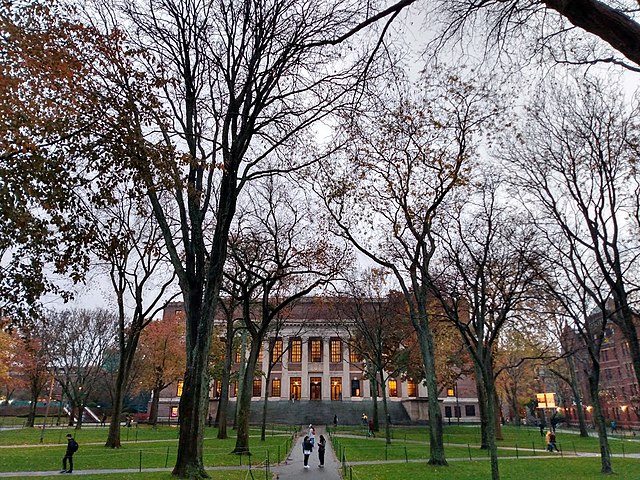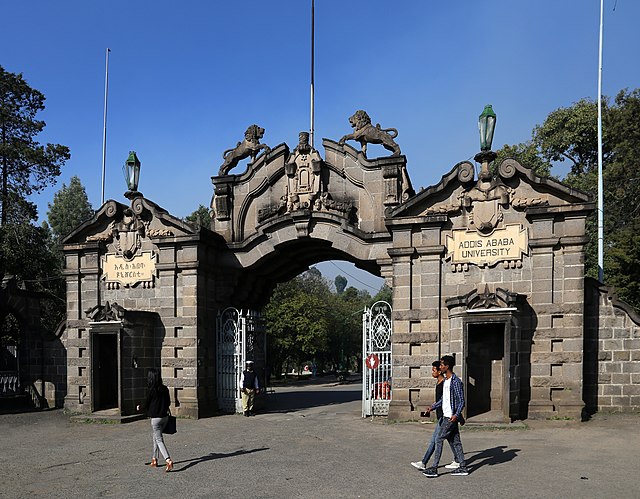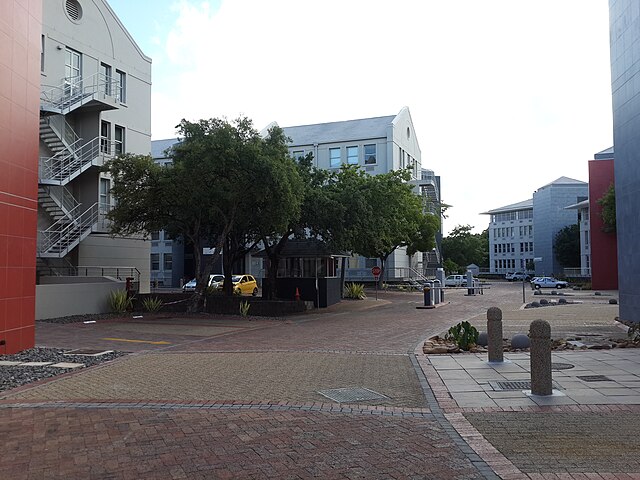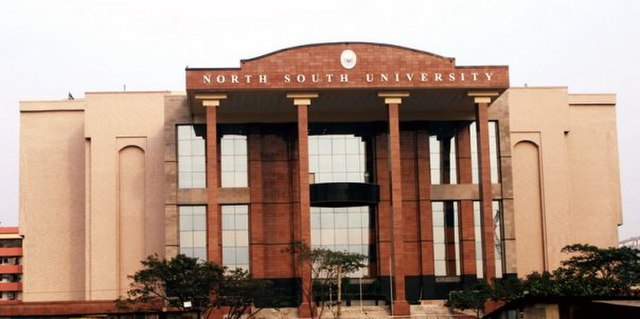Private universities and private colleges are institutions of higher education that are not operated, owned, or institutionally funded by governments. However, they often receive tax breaks, public student loans, and grants from governments. Depending on their location, private universities may be subject to government regulation. Private universities may be contrasted with public universities and national universities. Many private universities are nonprofit organizations.
Harvard University, an Ivy League university in Cambridge, Massachusetts and the first university established in the United States
The entrance to Addis Ababa University in Addis Ababa, Ethiopia
Varsity College in Cape Town, South Africa
North South University in Dhaka
A student loan is a type of loan designed to help students pay for post-secondary education and the associated fees, such as tuition, books and supplies, and living expenses. It may differ from other types of loans in the fact that the interest rate may be substantially lower and the repayment schedule may be deferred while the student is still in school. It also differs in many countries in the strict laws regulating renegotiating and bankruptcy. This article highlights the differences of the student loan system in several major countries.
This is the image of the Percentage of Federal Student Loans in Default within age groups, Fiscal Year 2013. This chart shows that in 2013, around 17 percent of parent plus loans were in default from ages 65 to 74, and 30 percent of their own education loans were in default.
Occupy Boston activist Nelson Terry at the Occupy Wall Street event in New York City protesting student loan debt, September 19, 2011






